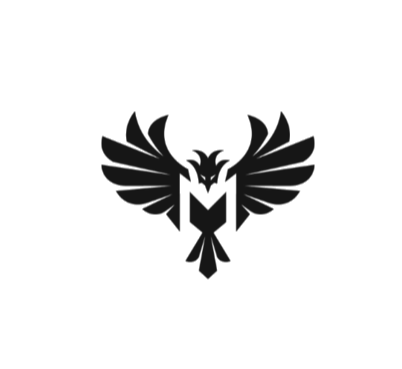
✅ Widely understood: Since it’s used in media and education, most Arabic speakers can understand it.
✅ Useful for reading and writing: If you want to read Arabic literature, newspapers, or official documents, MSA is essential.
✅ Good for academic or religious studies: If you’re studying Arabic for historical, religious, or academic purposes, MSA is necessary.
❌ Not used in daily conversations: Native speakers don’t use MSA for casual chats, shopping, or social interactions.
❌ Less practical for speaking: If your goal is to communicate quickly and naturally, MSA won’t help much.
Spoken Arabic refers to the various dialects used in everyday conversations across the Arabic-speaking world. Some of the most common dialects include:
Levantine Arabic (Lebanese, Syrian, Jordanian, Palestinian)
Egyptian Arabic (The most widely understood due to Egypt’s media influence)
Gulf Arabic (Used in UAE, Saudi Arabia, and Kuwait)
Maghrebi Arabic (Spoken in Morocco, Algeria, and Tunisia)
✅ Used in daily life: If you want to talk to native speakers, Spoken Arabic is what they actually use.
✅ Faster to learn: Since you won’t need to focus on complex formal grammar, you’ll be speaking sooner.
✅ More engaging: Learning a dialect allows you to connect with locals, understand jokes, and experience culture firsthand.
❌ Dialect variations: Arabic dialects differ, so choosing the right one for your goals is important.
❌ Not used in formal writing: If you need Arabic for academic or professional writing, MSA is required.
You want to read and write Arabic fluently.
You need Arabic for academic, religious, or professional purposes.
You are interested in understanding news, literature, and historical texts.
You want to speak Arabic fluently and naturally.
You plan to travel or live in an Arabic-speaking country.
You want to connect with native speakers quickly.
Get a FREE beginner-friendly Lebanese Arabic book with essential words, phrases, and grammar to start speaking real Arabic today.
Choosing between Spoken Arabic vs. Modern Standard Arabic depends on your goals. If you need Arabic for reading and writing, go with MSA. If you want to speak Arabic fluently for daily conversations, Spoken Arabic is the way to go.
🔹 What do you think? Are you learning MSA or a dialect? Let us know in the comments!

